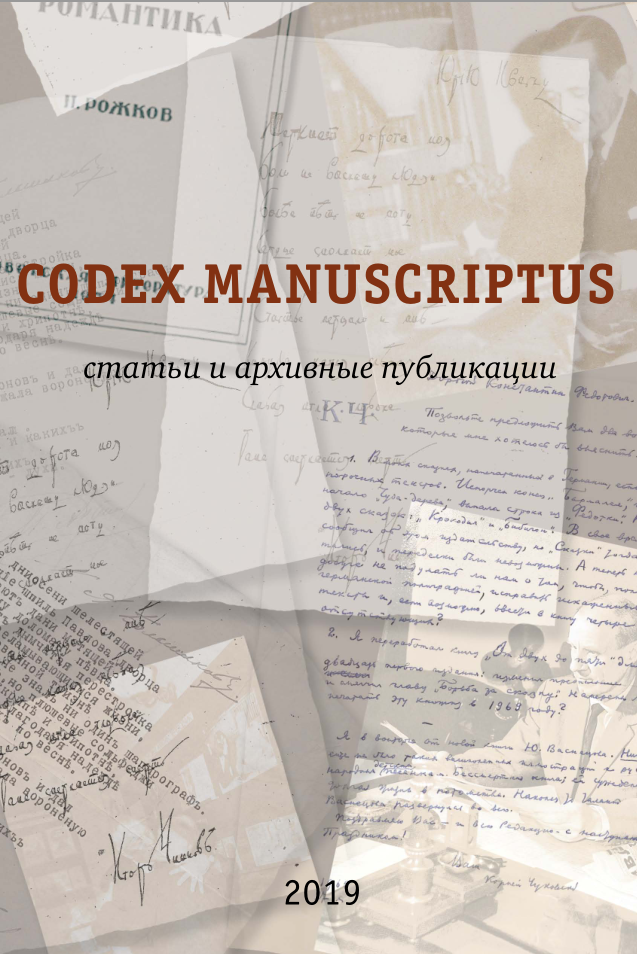Abstract:
After successful experiments in the 1920s (“BESCEREMONNYI ROMAN”), alternate history disappears from Russian literature, until the Thaw period; meanwhile in the United States the novel “Lest Darkness Fall!”, later acclaimed as a classic of sci-fi correction of history, is published in 1939; then a number of literary alternate history models appear in the 1950–1960s. With the exception of the novel “The Blue Man” by L. Lagin, which implies anti-alternative history model unparalleled in Anglo-American alternate history fiction, Russian alternate history makes active use of these models through the 1960s and 1970s: thus, the butterfly effect (“A Sound of Thunder” by R. Bradbury) is emphasized in the long story “Vincent Van Gogh” by S. Gansovsky; the idea of an alternative world transition into a real one (“Bring the Jubilee” by W. Moore) makes the essence of the short story “The Demon of History”; following the sample of the long story “Behold the Man” by M. Moorcock, time-travel sci-fi (which initially does not aspire of changing history) in “The Hysteresis Loop” by I. Varshavsky turns into correction of the past. The time crime, very popular with American authors (P. Anderson’s “The Time Patrol”), in Soviet fiction breaks down into chronoarchaeology (rescue of artefacts from the past) and chronocontraband (unauthorized transfer of objects from the past into the future). The return to the tradition of classical correction of history (successful planned alteration of the past) in Russian literature occurs finally in the mid-1970s in Kir Bulychev’s young adult cycle “The Adventures of Alisa”.






